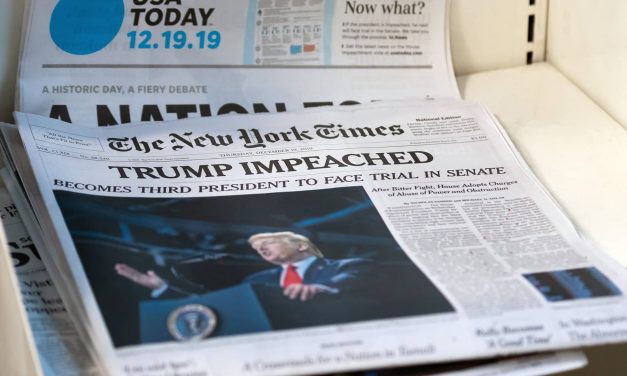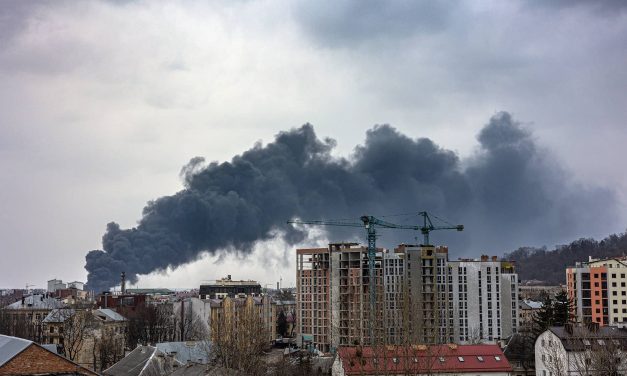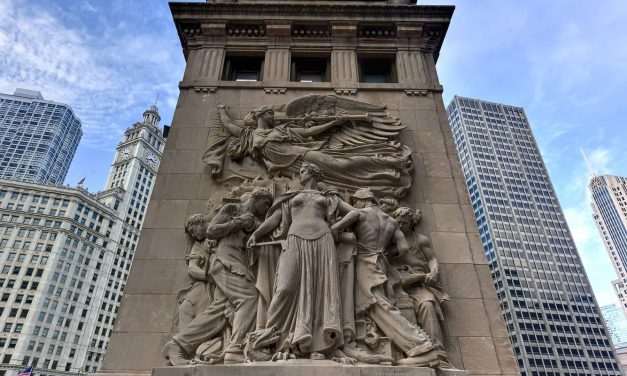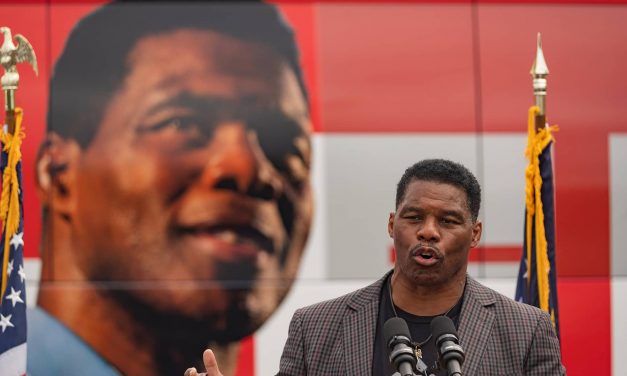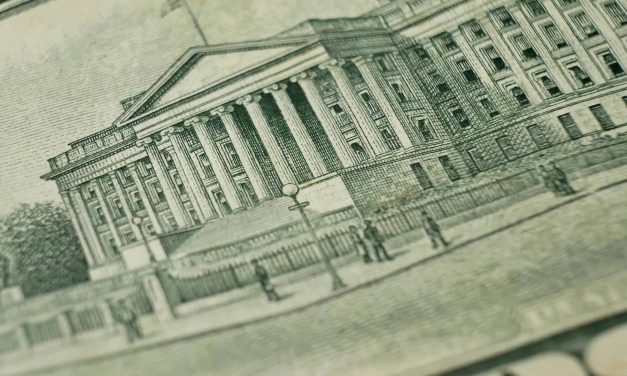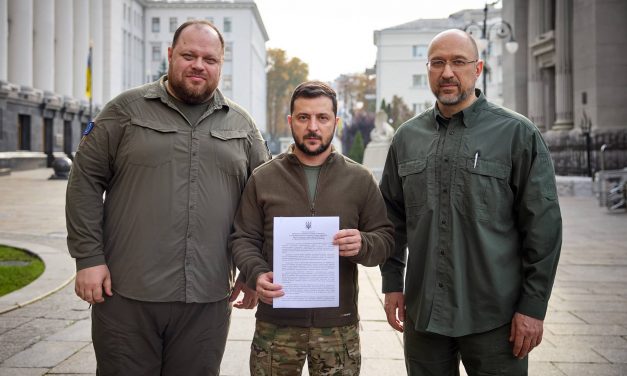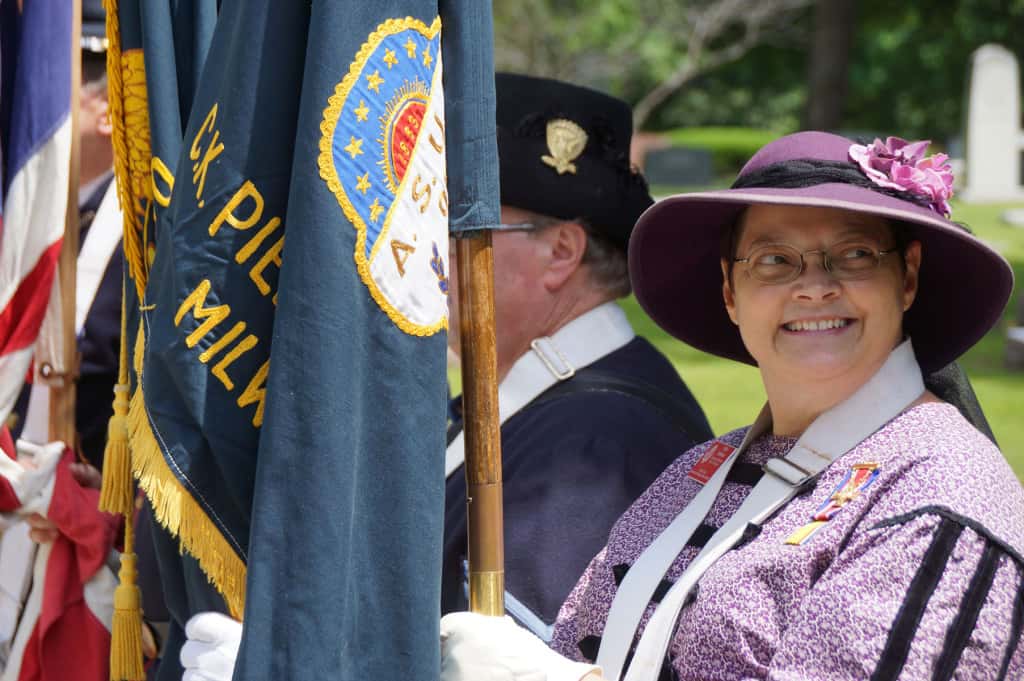On Trial: Why GOP loyalists blocked Trump’s first impeachment in order to flip control of the Senate
October 7 began with news that during Trump’s first impeachment trial, all the Republican senators believed Trump had broken the law when he tried to force President Volodymyr Zelensky of Ukraine to smear Hunter Biden before he would release the money Congress had appropriated to help Ukraine fight off Russia. “Out of one hundred senators, you have zero who believe you that there was no quid pro quo. None. There’s not a single one,” warned Senator Ted Cruz (R-TX), according to a forthcoming book by Politico reporter Rachael Bade and Washington Post reporter Karoun Demirjian. But then–Senate majority leader...
Read More
